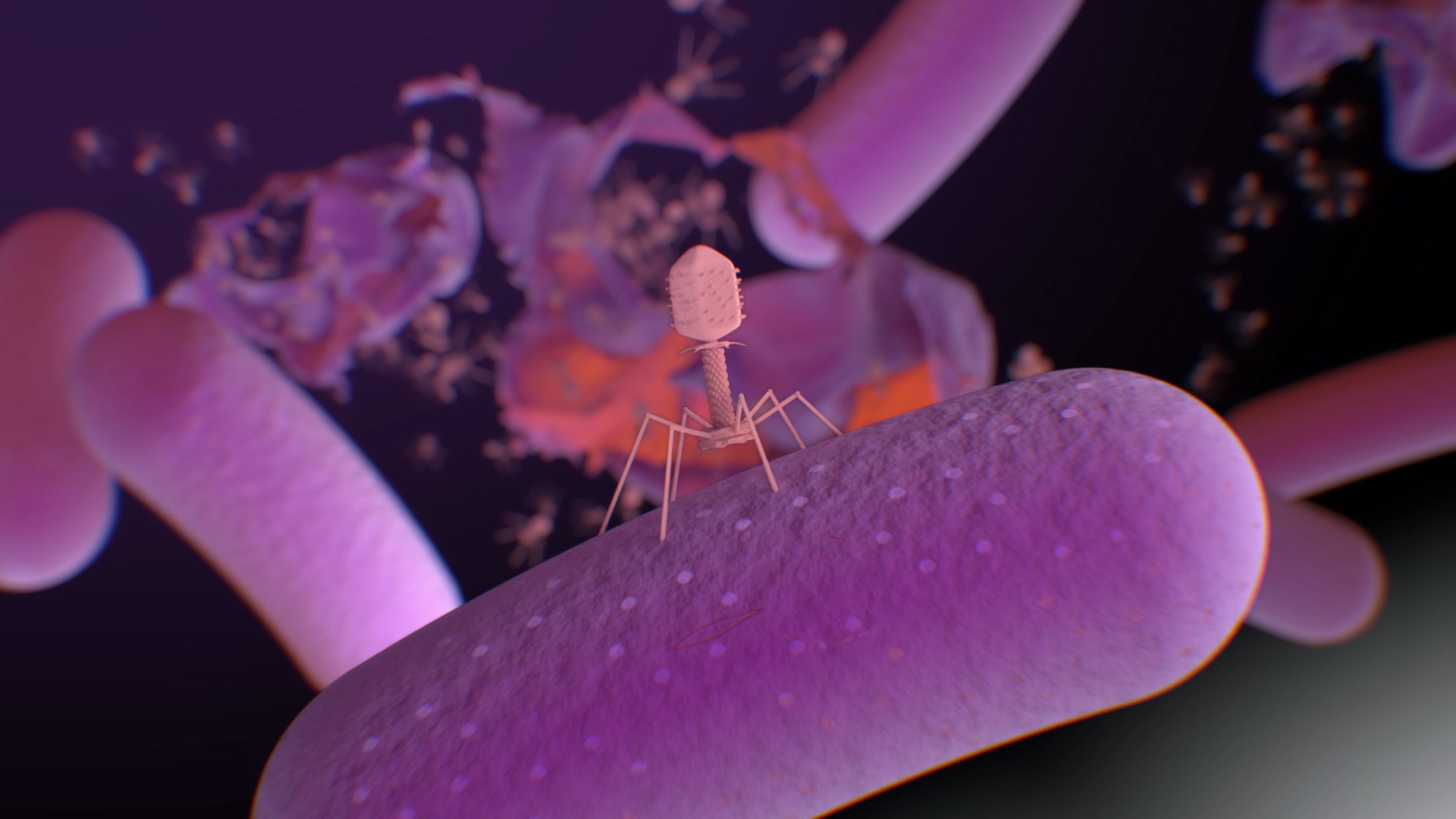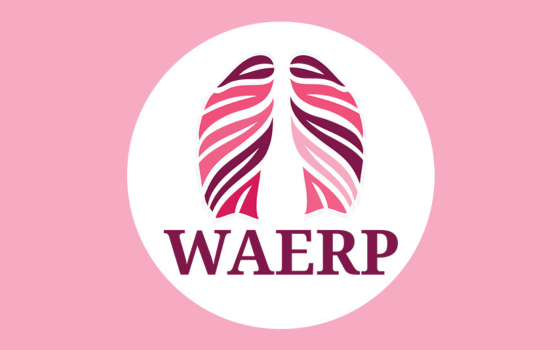Search
Research
Identifying Gaps in the International Consensus Case Definitions for Invasive Aspergillosis: A Review of Clinical Cases Not Meeting These DefinitionsInternational consensus definitions for invasive aspergillosis (IA) in research are rigorous, yet clinically significant cases are often excluded from clinical studies for not meeting proven/probable IA case definitions. To better understand reasons for the failure to meet criteria for proven/probable infection, we herein review 47 such cases for their clinical and microbiological characteristics and outcomes.
Research
Functional outcomes in children and adolescents with neurodisability accessing music therapy: A scoping reviewTo determine the evidence for functional outcomes experienced by a population with paediatric neurodisability (such as acquired brain injury, cerebral palsy, spinal cord injury, and other neurological disorders), who access music therapy through neurorehabilitation services across the rehabilitation spectrum.
Research
Key elements of Goal-Directed Training for children with cerebral palsy: A qualitative content analysisGoal-directed training is an evidence-based occupational therapy intervention for children with cerebral palsy targeting motor performance and goal attainment. There is variability and limited description on goal-directed training delivery within the studies who found it a successful intervention. The aim of this study was to establish the who, what, why and how of goal directed training according to practicing occupational therapists.
Research
NEARER SCAN (LENO BESIK) evaluation of a task-sharing echocardiographic active case finding programme for rheumatic heart disease in Australia and Timor-LesteRheumatic heart disease (RHD) is underdiagnosed globally resulting in missed treatment opportunities and adverse clinical outcomes. We describe the protocol for a study which aims to co-design, implement and conduct an evaluation of a task-sharing approach to echocardiographic active case finding for early detection and management of RHD in high-risk settings in Australia and Timor-Leste.
Research
Multi-methods process evaluation of the SToP (See, Treat, Prevent) trial: a cluster randomised, stepped wedge trial to support healthy skinHealthy skin is important for maintaining overall physical and cultural health and wellbeing. However, remote-living Australian Aboriginal children contend with disproportionally high rates of Streptococcus pyogenes (Strep A) infected impetigo.
Research
Development and temporal validation of a clinical prediction model of transition to psychosis in individuals at ultra-high risk in the UHR 1000+ cohortThe concept of ultra-high risk for psychosis (UHR) has been at the forefront of psychiatric research for several decades, with the ultimate goal of preventing the onset of psychotic disorder in high-risk individuals. Orygen (Melbourne, Australia) has led a range of observational and intervention studies in this clinical population.

We've compiled a number of helpful links to phage resources in Australia and beyond.
Research
Pandemic preparedness needs for children with rare diseases and their families: A perspective of COVID-19 experiencesPeople living with rare diseases had a high risk of negative health outcomes due to COVID-19. Pandemic preparedness will ensure best practice procedures and optimal outcomes during future pandemic events. This paper sought to understand the needs of children with rare diseases during the COVID-19 pandemic to inform preparation for future pandemic and disaster events. First, impacts and outcomes from the COVID-19 pandemic on people living with rare disease were identified in the literature.
Bronchiectasis is a condition where the lungs become damaged and prone to infections.
Research
The Platform Trial In COVID-19 Priming and BOOsting (PICOBOO): The immunogenicity, reactogenicity, and safety of different COVID-19 vaccinations administered as a second boosterPICOBOO is a randomised, adaptive trial evaluating the immunogenicity, reactogenicity, and safety of COVID-19 booster strategies. We report data for second boosters among individuals 50-<70 years old primed with AZD1222 (50-<70y-AZD1222) until Day 84.

The Australian Epithelial Research Program (WAERP) comprises of several parties, including our Chief Investigators, Compliance, Scientific and Clinical Teams, and our Student group.

The Scientific Advisory Committee's (SAC) role is to provide scientific direction and to ensure the objectives of WAERP are reflected in the research performed; SAC forms part of our governance structure.

Want to know how to be involved with WAERP? Or how long the project is running for? View our Frequently Asked Questions (FAQs) for answers to these questions and more.
Research
Fetal Alcohol Spectrum Disorder in the Australian Education System: Knowledge, attitudes, needs, and practicesAmy Carol Finlay-Jones Bower BPsych(Hons), MPsych(Clinical), MHealthEcon, PhD (Clin Psych) MBBS MSc PhD FAFPHM DLSHTM FPHA Head, Early
Research
FINGERPRINT: FINdinG Early markers of Respiratory disease for survivors of PReterm birth which IdeNtify Treatable traitsThis research project will investigate the traits of preterm lung disease, looking into the long-term lung health of children born preterm, aiming to identify traits that could help guide better treatments in the future.
Research
Goroka Otitis Media Study: Prevalence and associated risk factors of otitis media in children attending urban clinics in Goroka, Eastern Highlands Province of Papua New GuineaOtitis media (OM, middle ear infections) and the consequent hearing loss are major concerns for Aboriginal people and OM can seriously impact on children’s learning potential which in turn will impact on life as an adult.
The Kids Research Institute Australia and Minderoo Foundation established CoLab in 2017 to provide a ‘nest’ to bring together evidence with policy and practice to grow six major projects.
CoLab has released the first in a series of policy papers on early childhood in Western Australia.
